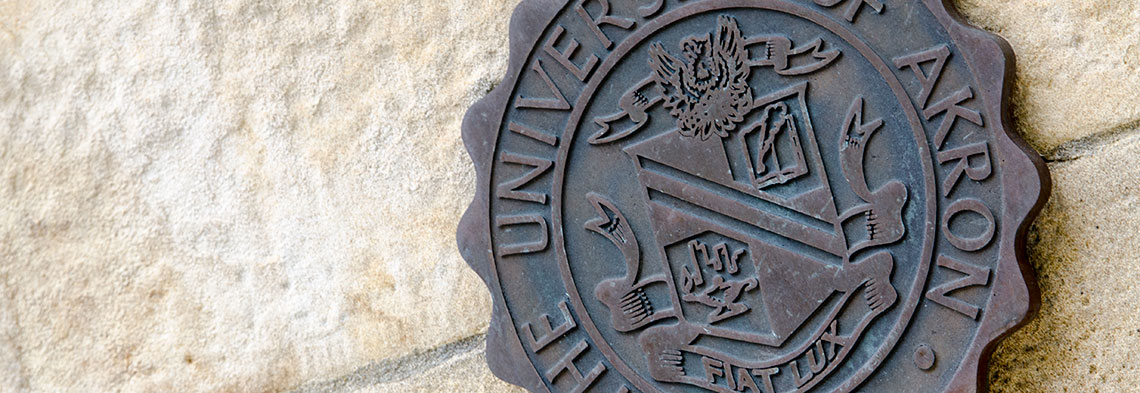Document Type
Article
Publication Date
January 2014
Abstract
In the 1980s and 1990s, behavior analysts vigorously debated ethical concerns about the use of certain behavioral interventions to address severe behavior of disabled children. In 1997, while that debate was still ongoing, the Individuals with Disabilities Education Act (IDEA) was amended to require educators to consider the use of “positive behavioral interventions and supports,” among other strategies, to address problem behavior that impedes a disabled child’s learning. Since 1997, the “positive behavioral interventions and supports” framework has shifted focus, but IDEA’s language essentially has stayed the same. In addition, some states have enacted poorly-worded statutes or regulations in order to define positive or non-positive interventions. The legal requirements for behavioral interventions became even more convoluted after the Second Circuit Court of Appeals held that a State may ban the use of any non-positive interventions, even though non-positive interventions can be effective tools to address severe behavior, particularly self-injurious and aggressive behavior, in disabled children.
This article contends that a complete ban on the use of non-positive behavioral interventions violates a core tenet of the IDEA, specifically that each child with a disability is entitled to an individualized education program designed to meet that child’s unique needs. After an in-depth review of both the science and the law pertaining to behavioral interventions, this article proposes ways in which Congress can amend IDEA to clarify the statute’s use of behavioral intervention techniques.
Publication Title
Stetson L. Rev.
Recommended Citation
Shaver, Elizabeth, "Should States Ban the Use of Non-positive Interventions in Special Education? Re-examining Positive Behavior Supports Under the IDEA" (2014). Akron Law Faculty Publications. 234.
https://ideaexchange.uakron.edu/ua_law_publications/234


